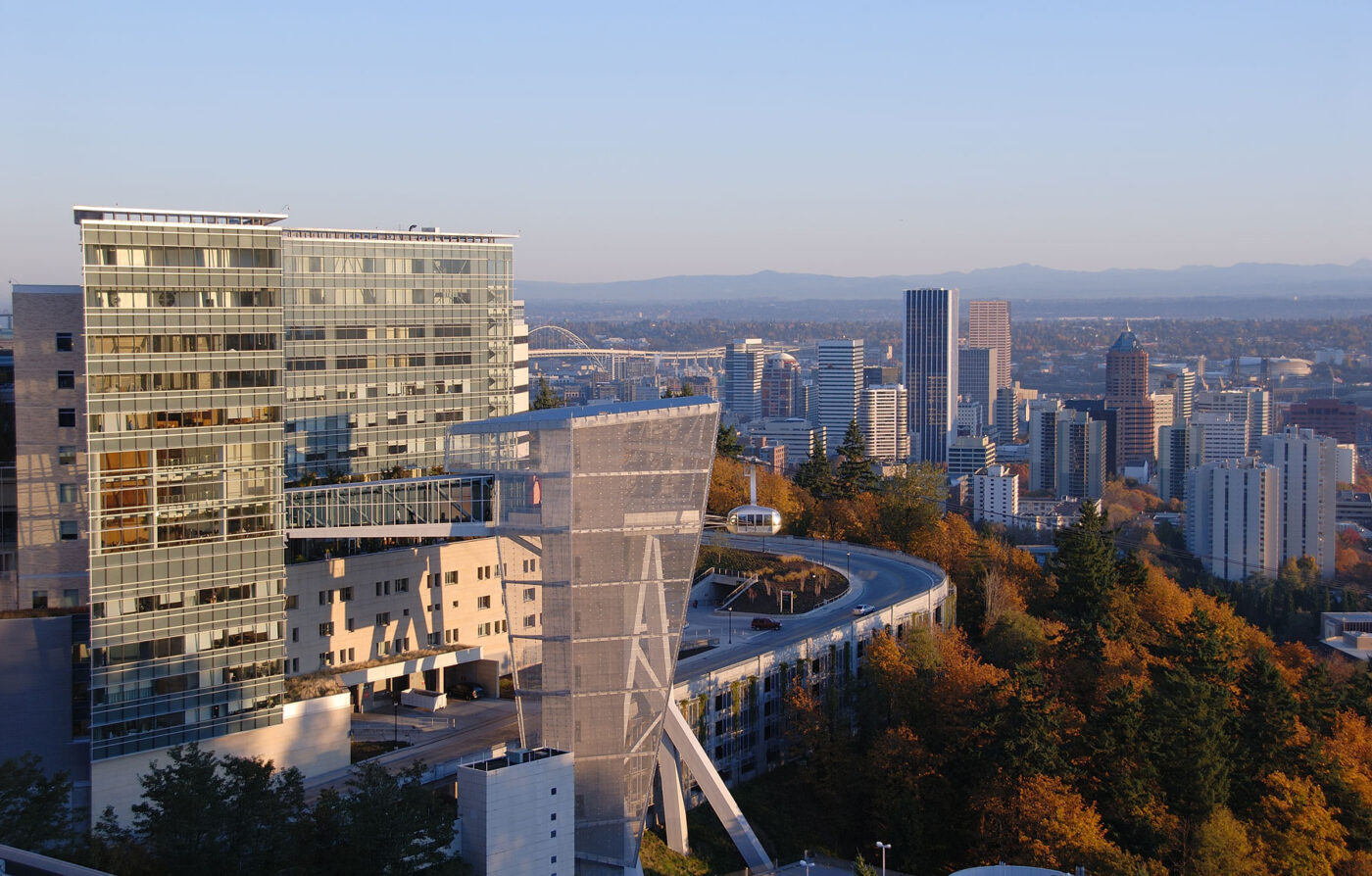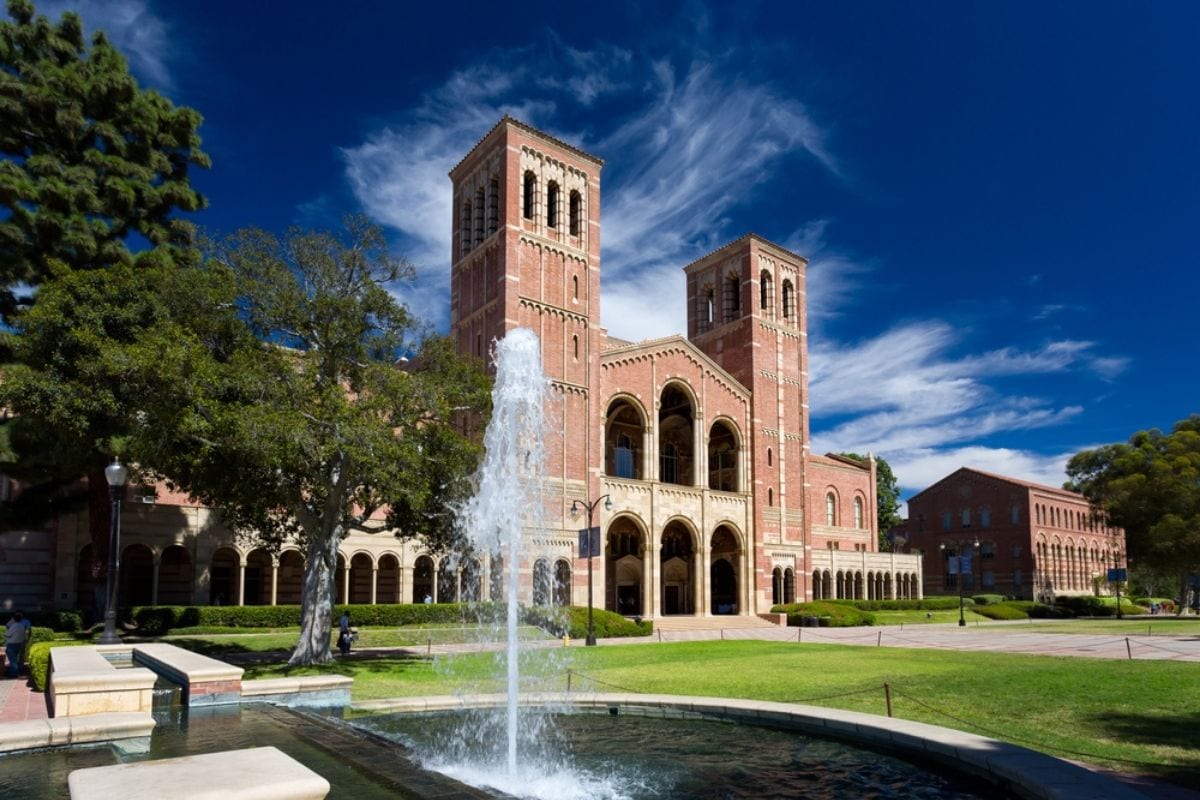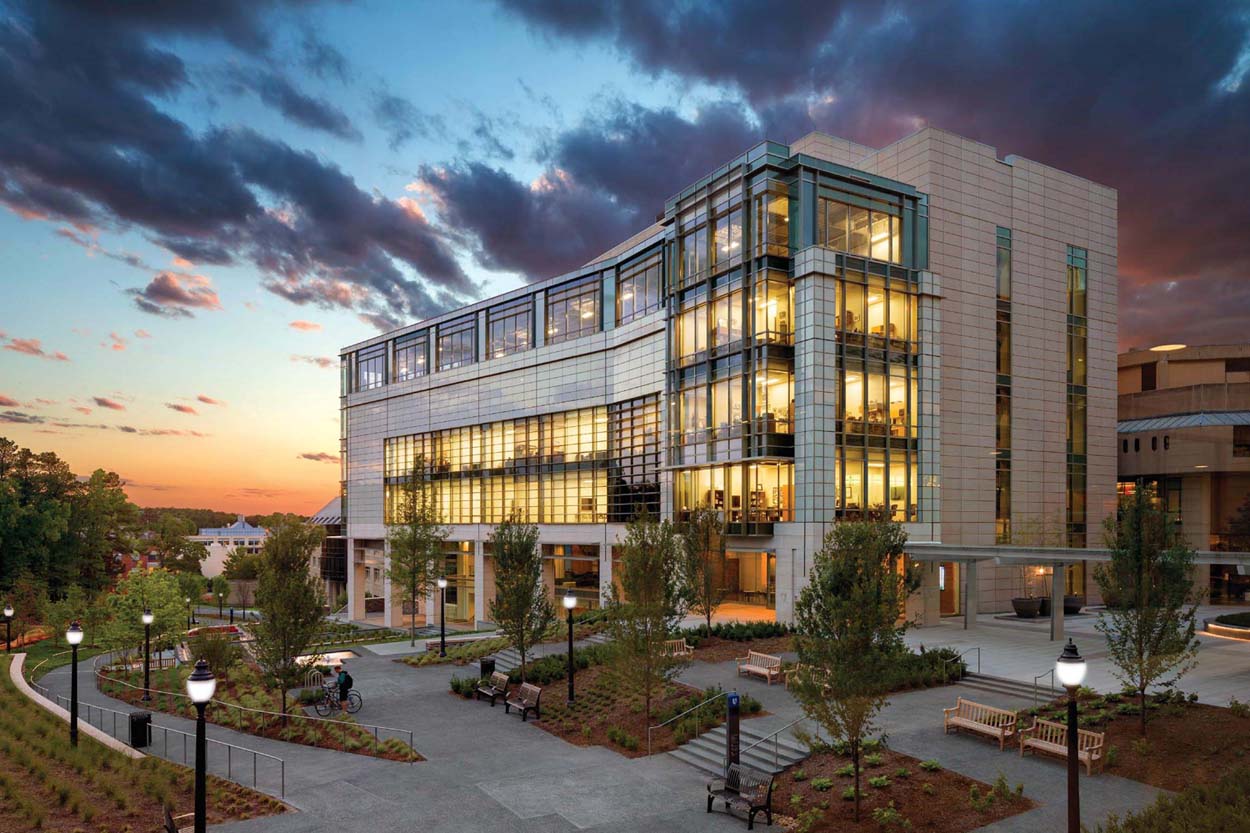Med school rankings are where the typical student starts to select a medical school. We are obsessed with rankings, but do med school rankings matter? More importantly, it is important to know if the medical school is a good fit for you. In certain professions, such as attorneys, your school choice matters. It defines your career and affects where you do your first-year internship, thereby determining where you will get your first job.
Medicine is different. Which med school you attend has a small benefit in your residency application process. If you have top grades, high USMLE scores, and excellent letters of recommendation, you have the same chance of a top residency program as any student from any top-ranking school. The U.S. News top medical school rankings are taken as an unquestionable truth. However, the Comlex Levels and USMLE Step exams level the playing field. For instance, Step 1 scores are not scored on a curve based on the medical school you attended.
For you, do school rankings matter? You may prefer the prestige of certain schools on your diploma, but the true importance of the path of becoming a doctor lies with your residency. In your search for the right medical schools for you, consider the following:
Your needs might not coordinate with the medical school rankings.
Just about any accredited med school prepares you for several different residency programs. Medical school admissions experts advise researching residency matching trends among the schools you are considering.
“For instance, a school world-renowned for cancer care may have some residencies, like radiation oncology, that may not be present at a school whose mission is primary care (family medicine, pediatrics, general internal medicine),” says Quinn Capers IV, the associate dean for admissions at Ohio State University’s College of Medicine, in an email.
He continues, “This would be important to know for a student interested in radiation oncology because, with no residency in that field, there would be fewer opportunities for mentoring, shadowing, and advice in that area.”
High-ranking med school programs are exceptionally selective. For instance, Harvard has about a 4% acceptance rate. Most rankings favor research institutions, which are often ranked by the NIH funds they received.
Your colleagues and future patients will be more concerned about how good a physician you are instead of your school is in the top of the med school rankings list. Much research has been done on this topic, and it is generally found that patient satisfaction is based on their physician’s communication skills.
Forge your own career path. The popular med school rankings alone don’t give enough information to assess their programs. Dig for information. Compare graduate outcomes, the support the school offers, and their ratio of teacher-student.
Other helpful information is the percentage of students who passed the USMLE, what are the school’s accreditations, the percentage of students who graduate, and other questions about how many students get a residency placement.
Residency placement ranks the performance of the school. Where you went to school has little significance in earning a residency. Computer data is what matches students to residencies.
Medical directors use 35 factors that impact the computer data. For instance, the importance of your USMLE Step 1 scores is 82% of the 35 factors. Letters of recommendation rate as 77% important.
Personal statements, performance evaluations, and pre-med experience come in at 77% importance, and USMLE/Comlex Step 2 offers a 70% rating of importance.
What percentage of the 35 factors are determined by attending a high-ranking school? Here’s how important medical ranking is: highly regarded schools are 23rd importance with 53% of directors who say it matters.
You can outshine the competition with high test scores and GPAs, volunteering, extracurricular accomplishments, research, and shadowing doctors or nurses. The deal breaker is lack of community service on your part.
Get in touch with International Medical Aid for health service opportunities in underprivileged communities abroad, opportunities to shadow doctors or nurses, and all of our volunteer and study abroad programs that medical schools expect.

Rethinking Med School Rankings and What Matters for Aspiring Doctors
Med school rankings are the starting point for many pre-med students when choosing a program. Traditional lists, such as those from U.S. News & World Report, have long been seen as the definitive guide. However, recent trends reveal that some universities have chosen to drop out of these rankings, prompting a reexamination of what truly matters when selecting a medical school. This article explores why med school rankings are only part of the equation and why factors like residency placement, clinical training, and personal fit should carry more weight.
The Shift Away from Traditional Rankings
In recent years, a growing number of medical schools have begun to question the value of standardized rankings. Some institutions have even opted out of the U.S. News & World Report Medical School Rankings. Critics argue that these rankings overemphasize research funding and institutional prestige rather than the quality of clinical education or the mentorship available to students. For example, many top-ranked schools receive high levels of National Institutes of Health funding, which may not correlate with the day-to-day learning experiences that shape a competent physician.
Why Some Schools Choose to Opt Out
Several reasons drive the decision of some schools to withdraw from ranking systems:
- Overemphasis on Research: High rankings are often linked to research output, which benefits students interested in academic medicine. However, if your passion lies in primary care or community-based practice, a school that excels in these areas might be a better fit, even if not highly ranked.
- Mismatch with Student Needs: For many aspiring physicians, the most important factors are clinical training quality, residency placement success, and a supportive educational environment. Ranking methodologies often do not capture these elements fully.
- Focus on Individual Growth: Many admissions experts now recommend that students look beyond the rankings and focus on their performance, clinical experiences, and personal goals. Ultimately, your success in matching into a residency depends more on your USMLE or COMLEX scores, letters of recommendation, and hands-on experience than the name of your medical school (Shanafelt et al., 2015).
The True Value of a Medical School Education
Beyond the Rankings: Key Determinants of Success
While med school rankings offer one perspective, they should not be the sole factor in your decision. What matters most is how well a school prepares you for your future career. Consider these critical elements:
Residency Match Outcomes
Studies indicate that when accounting for standardized test scores—such as USMLE Step 1 and Step 2—the differences in residency match outcomes among graduates from highly ranked versus lower-ranked schools diminish considerably. Residency program directors emphasize that your individual performance in clinical settings and on these exams is pivotal to your future opportunities.
Quality of Clinical Training
The quality of clinical training is arguably the most important aspect of your medical education. Compelling hands-on experiences, strong mentorship, and the opportunity to work in diverse healthcare settings are essential. Research shows that robust clinical experiences contribute significantly to developing communication skills and patient care abilities, which are critical for patient satisfaction and outcomes.
Personal Fit and Support
Finding a medical school that aligns with your goals is crucial for your personal and professional growth. Factors such as faculty support, class size, teaching style, and the overall culture of the institution play a crucial role in your success. A school that offers a collaborative environment and tailored clinical experiences can be far more beneficial than one that ranks high nationally.
How to Choose the Right Medical School for You
Reflect on Your Priorities
When selecting a medical school, ask yourself a few important questions:
What Are Your Career Goals?
If you are passionate about a specific field, such as radiation oncology, seek out schools that offer strong residency programs and mentorship in that area. Even if a school isn’t top-ranked overall, a focused program can provide the specialized training you need.
How Do Residency Placements Compare?
Investigate each school’s residency match rates, particularly in your area of interest. Look into whether the school has strong connections with programs that align with your specialty goals. High residency placement is a strong indicator of a school’s ability to prepare its students for the next step in their careers.
What Is the Quality of Clinical Training?
Examine factors such as patient volume, clinical rotation diversity, and the availability of hands-on opportunities. Visiting campuses or talking to current students can provide valuable insights into the real-world clinical experiences offered.
How Is the School’s Culture?
A supportive environment that prioritizes mentorship, community service, and personal growth can make a significant difference. The right fit often means more than prestige—it means an environment where you can thrive both academically and personally.
Expert Advice
Quinn Capers IV, the associate dean for admissions at Ohio State University’s College of Medicine, emphasizes the importance of matching your educational environment with your career aspirations. For instance, if you are interested in radiation oncology, ensure that your chosen school has a robust program in that specialty. This targeted approach ensures you have access to relevant mentoring, shadowing, and research opportunities.
Recent Data and Its Impact on Medical School Choices
Residency Matching and Standardized Exams
Recent studies reveal that the performance on standardized tests like the USMLE or COMLEX is a far more critical factor in securing a desirable residency than the name of the medical school attended. Data suggests that a high USMLE score, with strong letters of recommendation and clinical evaluations, levels the playing field across schools of various rankings.
Patient Satisfaction and Communication Skills
Patient satisfaction is increasingly linked to a physician’s communication abilities rather than the prestige of their alma mater. Studies have shown that effective communication and empathy significantly influence patient outcomes and satisfaction levels. This underscores the importance of quality clinical training and personal development over institutional ranking alone.
The Role of Global Clinical Experience in Shaping Your Future
Enhancing Your Medical Profile with International Experience
In today’s competitive landscape, clinical experience and community service are essential. Programs like those offered by International Medical Aid can provide you with hands-on experience that goes beyond traditional classroom learning.
Gain Direct Patient Experience
IMA offers Healthcare and Pre-Med Internships that place you in busy hospital settings abroad. These internships provide real-world exposure to patient care, helping you develop the clinical skills that residency programs value.
Strengthen Your Application with Admissions Support
IMA also provides Medical School Admissions Consulting, offering personalized guidance on everything from personal statement reviews to mock interviews. This service ensures that your application reflects your unique experiences and competencies.
Build a Global Perspective
Participation in Global Health Initiatives allows you to see healthcare in resource-limited settings firsthand. This experience broadens your clinical understanding and develops cultural competence—a quality highly prized by residency programs and medical schools alike.
Crafting Your Path in Medicine
Focus on What Truly Matters
While med school rankings can be useful, they should not dictate your decision. Instead, focus on factors directly impacting your future career: quality clinical training, residency placement success, and the personal growth you experience through real-world practice.
Medical school is a journey that is unique to each individual. Whether you follow a traditional path or seek opportunities that emphasize global health and community service, your success will be determined by your clinical experiences, your test scores, and the personal qualities you develop along the way.
Leverage Your Experiences for Future Success
Remember, the strength of your application lies in your accomplishments—your volunteer work, research, shadowing experiences, and commitment to serving underserved communities. Exceptional USMLE or COMLEX scores, strong GPAs, and meaningful extracurricular activities can all help you stand out, regardless of your med school’s ranking.
International Medical Aid is here to help you build a competitive profile. Our comprehensive programs offer robust clinical experiences and the admissions support you need to navigate the challenging medical school application process.
Final Thoughts
Med school rankings are only one piece of the puzzle. The true measure of your potential as a future physician is reflected in your clinical skills, your ability to communicate effectively, and your commitment to continuous improvement. As you evaluate your options, consider how each school aligns with your career goals and how the experiences you gain will prepare you for residency and beyond.
By participating in hands-on global internships, obtaining personalized admissions consulting, and engaging in public health initiatives, you can develop a well-rounded, competitive profile that will help you succeed in any residency program. Your journey to becoming a great doctor isn’t determined solely by where you go to school—it’s defined by the experiences you build and the skills you develop along the way.
For more detailed information on gaining clinical experience and building a strong application, explore International Medical Aid’s Healthcare and Pre-Med Internships, Medical School Admissions Consulting, and Global Health Initiatives.
U.S. Department of Education
The U.S. Department of Education publishes data on postsecondary institutions, including medical schools, through the National Center for Education Statistics (NCES). Their College Navigator and Integrated Postsecondary Education Data System (IPEDS) provide official data on graduation rates, student outcomes, and institutional characteristics that can be used to compare schools beyond ranking lists.
- College Navigator – U.S. Department of Education – Search for medical schools to review official statistics on graduation rates, retention, and other key performance indicators.
- IPEDS Data Center – This tool offers comprehensive data on U.S. higher education institutions, including performance measures relevant to medical education.
Original Publication Date: August 21, 2019 12:28 am CST




